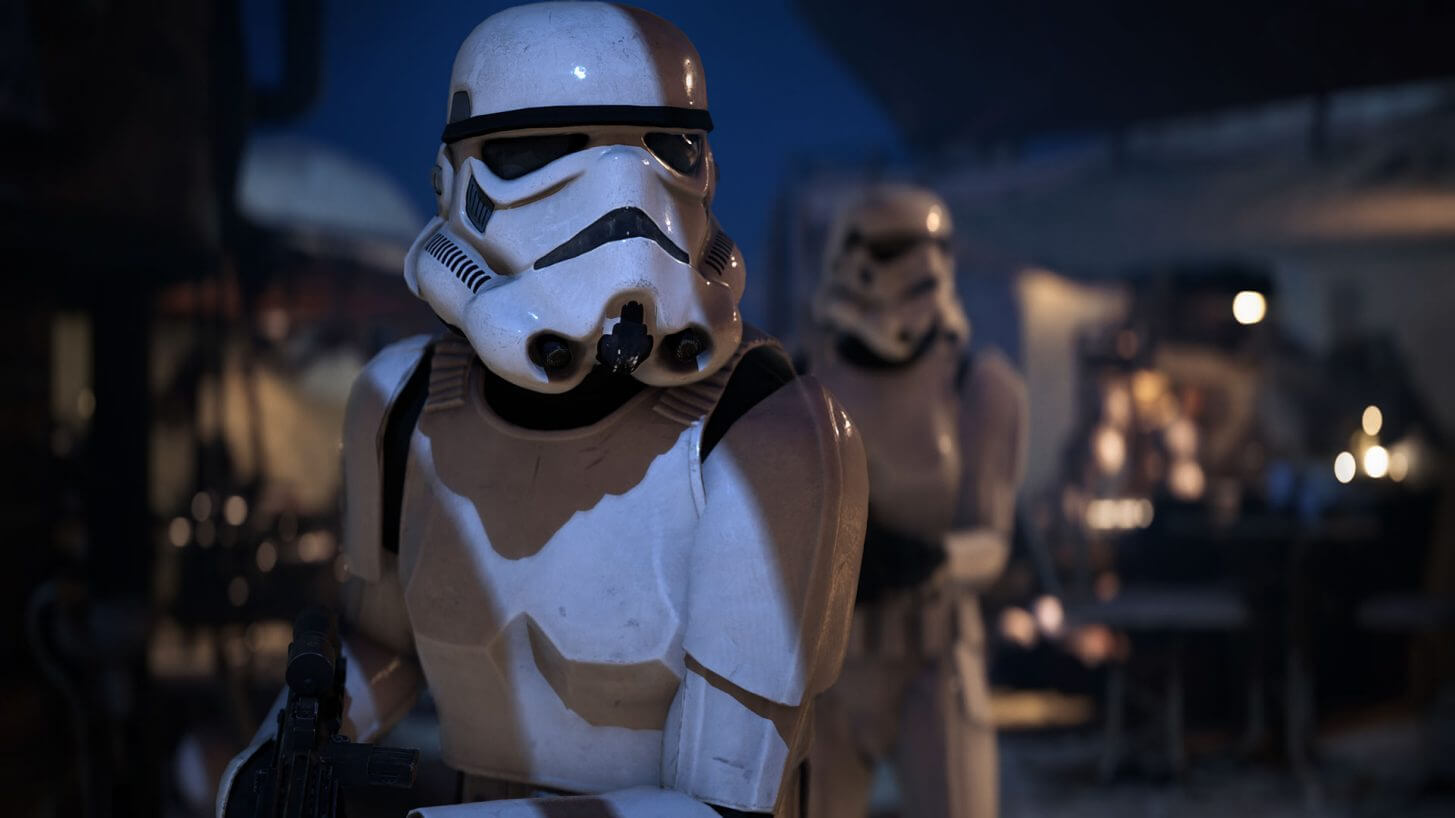Bottom line: The games-as-a-service model is making game developers rich: Electronic Arts grew from being worth $4B six years ago to $33B today, and Activision Blizzard grew from $10B to $60B. Classic pay-to-play games, such as The Witcher and Skyrim, cost a lot to make and only generate money when a player purchases them - while with games like Overwatch or Battlefront 2, the games are either cheaper to make or generate continued revenue through microtransactions.
A report from DFC Intelligence has shed some light on the macro trends of the gaming industry, revealing just how much better it is for companies to be developing games-as-a-service. They attribute nearly all of EA's and Activision's growth to their games-as-a-service, and rightly so: EA scooped up $2B in microtransactions last year, and other companies made $22B from microtransactions in free games. Plus, in the year after acquiring King (the studio behind Candy Crush Saga) for $6B, Activision's digital revenue increased by 94%.
Games-as-a-service encompasses a large variety of games. A famous (and comedic) example is EA's Star Wars Battlefront 2, that basically forced the player to continuously spend money on it. Any game that relies on microtransactions (such as NBA 2K19) or DLCs (such as Destiny 2) qualifies at least partly as a game-as-a-service. Games that have a once off fee but were cheap to develop because they rely on multiplayer content (such as Overwatch) are also games-as-a-service.
While many players have been making a fuss about how single-player titles like Skyrim or The Witcher are better and occasionally cheaper in the long-run, it seems that many do prefer games-as-a-service. The best example of this is the war between PUBG and Fortnite in which Fortnite is winning, largely because of its games-as-a-service model.

Despite dialing the microtransactions down a bit after EA's loot box disaster, both EA and Activision are pushing the model even harder for 2019. EA is only launching seven games next year, and four of those are only recurring sports games: FIFA, Madden, NHL and NBA. They all include microtransactions of some form, and so does their soon to be launched Battlefield V. We'll have to wait and see about Anthem and Sea of Solitude.
EA is mostly relying on their twelve current games-as-service for income, which comprise of previous Star Wars and sports titles. Likewise, "Activision Blizzard has narrowed its packaged product lineup to a handful of franchises," DFC's report says. "Namely this is Call of Duty and Destiny." Black Ops 4 doesn't even have the single-player campaign that the previous Call of Duty installments were famous for.
The basic motto of games-as-a-service is 'less product, more profit' and it makes sense as to why developers would want that. In the future, we'll probably see this portion of the industry increase and things like console-as-a-service, game streaming and Xbox Game Pass become even more popular. Thankfully, the AAA packaged product isn't going away either, as Rockstar Games' Red Dead Redemption 2 and CD Projekt Red's Cyberpunk 2077 will tell you.
